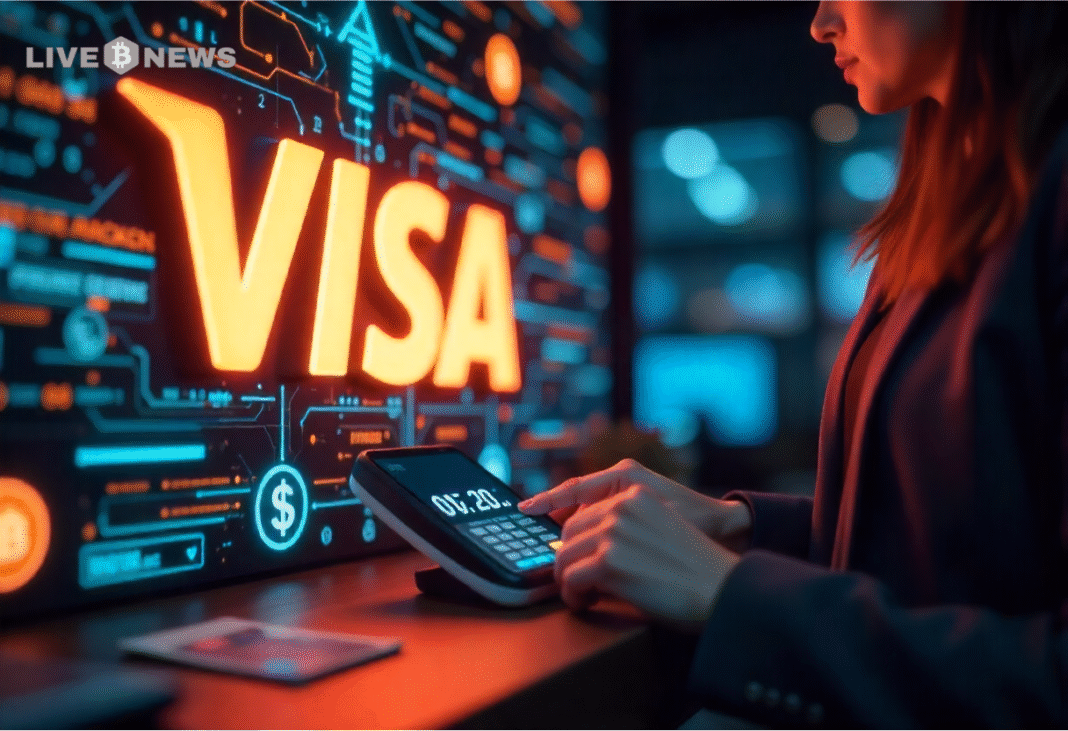Gulf investors rush into rare earths as Saudi Arabia and UAE target critical minerals boom
Middle Eastern investors are moving quickly into the rare earth industry as Gulf governments push to expand their roles in critical minerals and reduce dependence on oil, according to CNBC.
Mining executives said interest from the region has sharply increased, despite the fact that the Gulf has almost no local deposits of these minerals.
The investments are focused on processing, partnerships, and downstream operations rather than new mines.
The shift is happening at the same time that global supply chains for rare earth elements are becoming more political, especially between the United States and China.
Tony Sage, the CEO of U.S.-listed Critical Metals, said the level of interest surprised him during his recent business trip through the region. “The interest in rare earths in this part of the world is phenomenal,” Tony said.
Tony added that countries in the Gulf want to participate in the supply chain even though, as he put it, “they can’t mine it. There [are] really no discoveries in this area, but they want to be able to participate somehow in the downstream.”
His remarks came as policymakers and business leaders gathered in Riyadh for the Future Investment Initiative, also known as “Davos in the Desert,” held under the theme: The Key to Prosperity: Unlocking New Frontiers of Growth.
Gulf states move to secure roles in critical minerals
Critical minerals include copper, lithium, nickel, cobalt, and rare earth elements. These materials are considered essential to the energy transition and high-technology manufacturing, but their supply chains face a high risk of disruption due to concentration in a few producing countries. Analysts say Saudi Arabia and the UAE are trying to use their financial capital and geographic position to strengthen their role in these markets.
The International Institute for Strategic Studies said the Gulf strategy includes targeted acquisitions and international partnerships as governments try to present themselves as alternative partners to Western countries. Critical Metals has already signed a partnership with Saudi Arabia’s Obeikan Group to build a large-scale lithium hydroxide processing plant in the kingdom. The plan aligns with Saudi Arabia’s long-term goal to diversify its economy as it continues to reduce its reliance on oil revenues.
Kevin Das, senior technical consultant at New Frontier Minerals, an Australian rare earth explorer, linked the surge in investor interest to rapid advances in artificial intelligence. “It’s no surprise that you’re seeing interest, not just in the Western world, but spreading into the Gulf States because I think people are realizing that we’re probably on the cusp of an AI boom,” Kevin said. He added that as robotics becomes more common, “every robot is going to need these rare earths. And I think the supply is only going to get tighter.”
Rare earths gain importance in U.S.-China tensions
Rare earth elements consist of 17 metals with magnetic properties widely used in electric vehicles, robotics, advanced manufacturing, and defense systems.
These materials have become part of the ongoing economic and geopolitical rivalry between the United States and China, with the latter delaying new export controls on rare earth shipments ahead of a summit between Donald Trump and leader Xi Jinping.
But analysts warn that the Gulf still faces major challenges. Asna Wajid, research analyst at the International Institute for Strategic Studies, said many of Saudi Arabia’s mining projects remain in early or conceptual phases and depend on foreign partners for technical expertise.
Asna said it may take years before the Gulf can scale production enough to influence global supply chains.
China currently produces about 70% of the world’s rare earth supply and processes nearly 90%. U.S. officials have said this dominance poses a strategic challenge as countries transition toward newer energy and technology systems.
Get seen where it counts. Advertise in Cryptopolitan Research and reach crypto’s sharpest investors and builders.
You May Also Like

Canton Network Selects Chainlink as Super Validator and Integrates Oracles with CCIP

Polygon Tops RWA Rankings With $1.1B in Tokenized Assets
